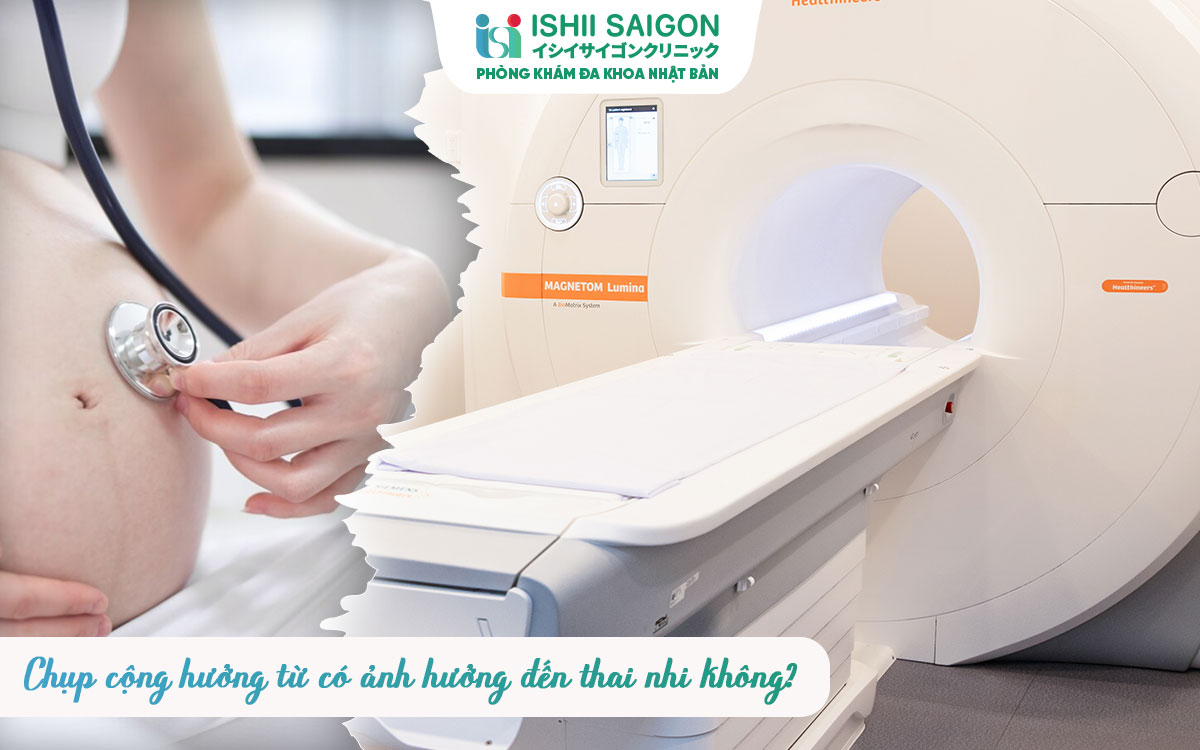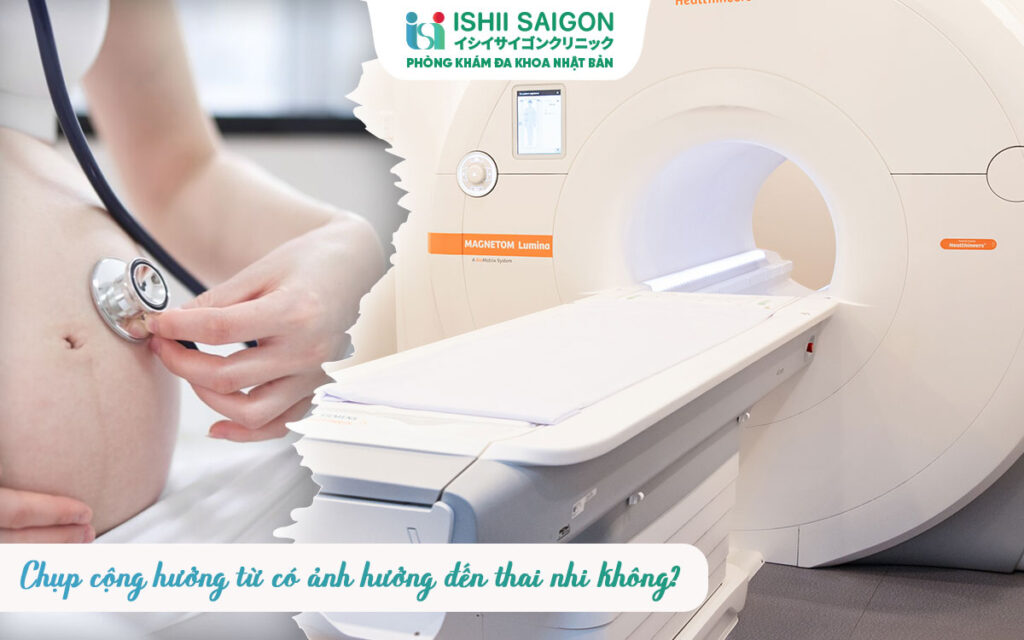
MRI (Magnetic Resonance Imaging) is one of the most advanced and widely used imaging diagnostic techniques today. However, for pregnant women, the question of whether MRI is safe for the fetus remains a significant concern. In this article, we will explore the concept of MRI, its operating principles, as well as examine scientific studies and the factors that influence the level of safety when undergoing MRI during pregnancy.
Introduction to MRI Scans
Concept and Operating Principles of MRI Machines
MRI is an imaging technique that uses magnetic fields and radio waves to create detailed images of organs and tissues in the body. Unlike X-ray or CT scans, MRI does not use ionizing radiation; instead, it relies on the effect of a strong magnetic field to shift hydrogen atoms in the body. When these atoms return to their original state, they emit signals that are recorded by a computer system to reconstruct clear images of the body’s internal structures.
Benefits of MRI in Medicine
MRI plays an important role in diagnosing and monitoring a variety of medical conditions, from brain and spinal issues to cardiovascular, liver, kidney, and musculoskeletal systems. MRI provides doctors with a detailed view of internal structures that other methods may struggle to achieve, especially for abnormalities related to soft tissues, cancer, nerve damage, and complex diseases.

Effects of MRI on the Fetus
Related Scientific Studies
The question of whether MRI affects the fetus has been studied over many years. According to major studies from reputable health organizations, MRI is considered safe for pregnant women when performed properly and under safe conditions. Studies show that the magnetic field and radio waves of MRI do not harm the fetus, especially when conducted after the first trimester of pregnancy. However, MRI with gadolinium contrast agents is still considered risky and is typically used only when necessary.
Factors Affecting the Level of Safety
The safety of MRI during pregnancy can be influenced by several factors, including gestational age, the mother's health condition, and whether a contrast agent is used. According to the recommendations of many doctors, pregnant women should avoid undergoing MRI in the first trimester, as this is a critical period for the development of the fetus's vital organs. After the first three months, the risk of the magnetic field affecting the fetus significantly decreases, and MRI can be performed safely when truly necessary.
Some Considerations When Performing MRI on Pregnant Women
Appropriate Timing for MRI During Pregnancy
The safest time to undergo an MRI during pregnancy is usually after the 13th week. During this period, the fetus has developed its basic organs and is less affected by the magnetic field. However, doctors will carefully consider before recommending an MRI for pregnant women and will typically only perform it in necessary cases, such as when the mother has a serious medical condition or needs to identify an urgent issue.
Procedure and Preparation Before Undergoing MRI
Before undergoing an MRI, pregnant women need to inform their doctor about their pregnancy status. This helps medical professionals select the safest procedure and avoid using gadolinium contrast agents if unnecessary. Patients will also be asked to remove metal objects and lie still throughout the imaging process to prevent signal interference.

Frequently Asked Questions
Does MRI pose risks to the mother and fetus?
When performed correctly, MRI is considered safe for both the mother and fetus, especially when gadolinium contrast agents are not used. However, to ensure maximum safety, it is advisable to conduct MRI after the first trimester and only when there is a specific medical indication. Consulting a doctor is very important before deciding to undergo MRI during pregnancy.
Is there a need to worry about radiation when undergoing an MRI?
One of the notable advantages of MRI is that it does not use ionizing radiation like X-rays or CT scans, thus eliminating the risk of radiation affecting the fetus. MRI operates based on magnetic fields and radio waves, ensuring safety for both the mother and fetus. However, as mentioned, gadolinium contrast agents should be avoided unless absolutely necessary.






